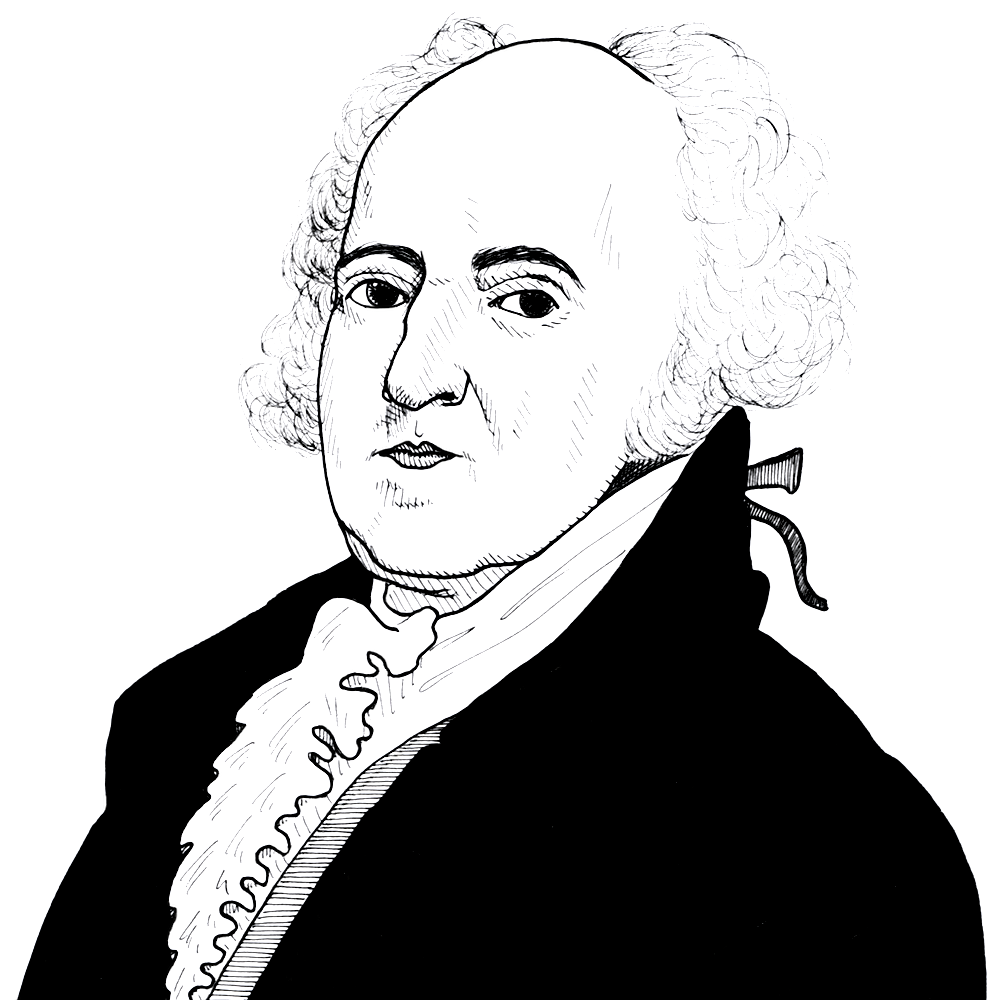
John Adams thought he could see arbitrary power emerging in the American colonies and urged his countrymen to “nip it in the bud” before they lost all their liberties (1774)
Found in: Revolutionary Writings
In 1774 John Adams (1735-1826) replied to a series of essays by Daniel Leonard who defended the authority of the British Parliament over the American colonies. His Novanglus letters had a powerful impact in the colonies, especially his arguments about the limits of British imperial authority which Adams wanted to "nip in the bud":
Politics & Liberty
Obsta principiis, nip the shoots of arbitrary power in the bud, is the only maxim which can ever preserve the liberties of any people. When the people give way, their deceivers, betrayers, and destroyers press upon them so fast, that there is no resisting afterwards. The nature of the encroachment upon the American constitution is such, as to grow every day more and more encroaching. Like a cancer, it eats faster and faster every hour. The revenue creates pensioners, and the pensioners urge for more revenue. The people grow less steady, spirited, and virtuous, the seekers more numerous and more corrupt, and every day increases the circles of their dependents and expectants, until virtue, integrity, public spirit, simplicity, and frugality, become the objects of ridicule and scorn, and vanity, luxury, foppery, selfishness, meanness, and downright venality swallow up the whole society.